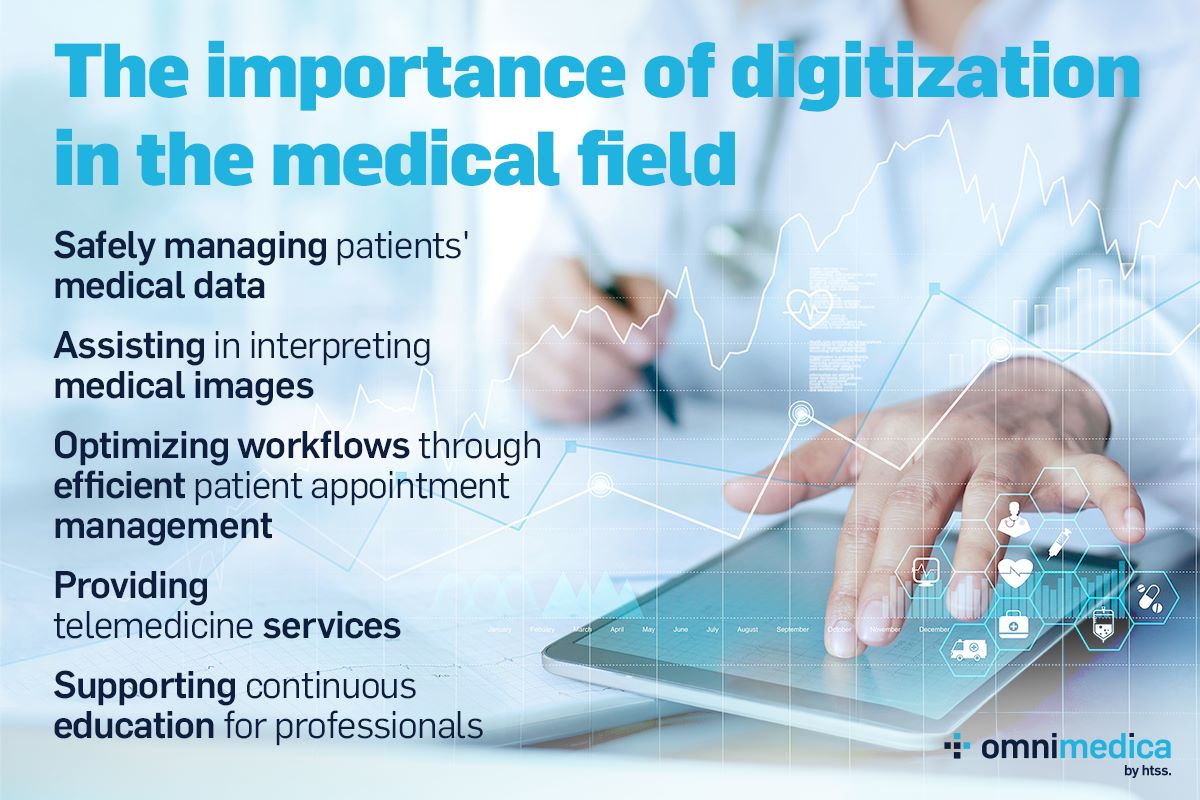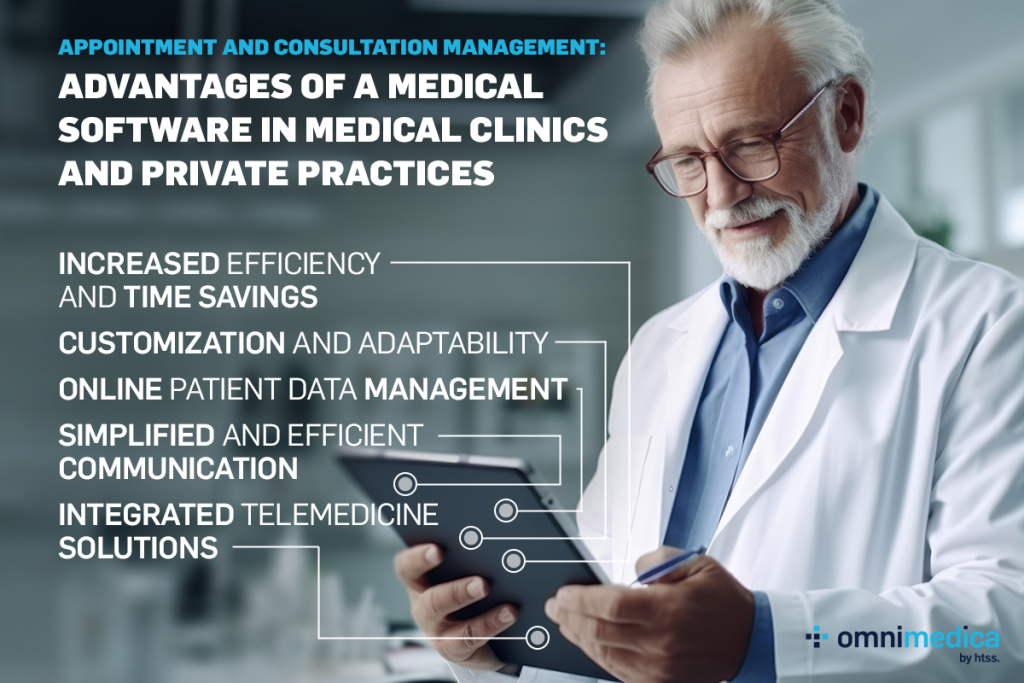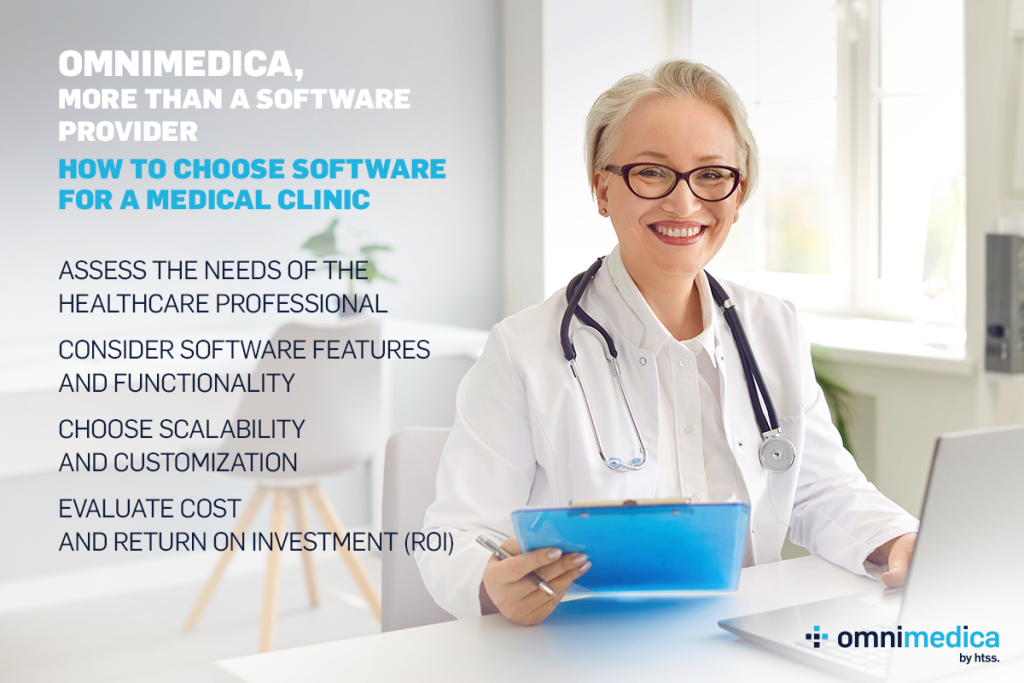Technological innovations continue to transform the healthcare industry, enabling major advances in the way healthcare services are managed and delivered to patients. A wide range of software has become vital for healthcare workers, helping them in their daily tasks and contributing to improved healthcare services. In this article, we’ll look at five distinct types of healthcare software in use in 2024 and discuss how they can help improve healthcare.
Patient Data Management Software
The volume of data in the healthcare environment is constantly increasing due to the growing frequency of medical visits. Patient management solutions are therefore essential for doctors to organize and access accurate information efficiently. These platforms enable healthcare professionals to securely store and manage patient medical data in digital format, so they can quickly access relevant and accurate information to provide timely and personalized care.
Computer Aided Diagnostics Software
Computer-aided diagnostic software has become an essential tool for doctors in the process of interpreting medical images. These systems use advanced algorithms to detect and highlight abnormalities or changes in images, helping doctors in the diagnosis and treatment process.
Appointment Management and Patient Scheduling Software
Appointment management and patient scheduling software is essential for clinics and hospitals. Employing such software helps optimize workflows, improve patient experience, and manage scheduling, among many other administrative responsibilities. These platforms make it easy to schedule, confirm and reschedule appointments online, reducing wait times and avoiding duplicate patient appointments, providing massive benefits for patients.
Telemedicine Software
Clinics and hospitals are now more than likely offering telemedicine services. The COVID pandemic has accelerated the process of providing healthcare services online, and this service has become increasingly popular. This type of software provides access to quality healthcare regardless of location, making it easier for both patients to get help and clinics to provide care. As a result, access to healthcare in remote and resource-limited areas is improved and people who are unable to travel have access to high-quality care.Telemedicine software is able to provide virtual medical consultations, remote patient monitoring and is a secure platform for the exchange of medical information between healthcare professionals and patients.
Medical Education and Training Software
Medical education and training software is essential for the continuing education of healthcare professionals. Medical knowledge is advancing rapidly and at a dizzying pace. These learning platforms allow healthcare professionals to access online courses, virtual simulations and interactive learning materials. In turn, this enables healthcare professionals to improve their skills, become more digitally literate and stay up-to-date with the latest healthcare technologies and the latest medical practices.
Are you ready to revolutionise your medical practice and make a difference to patients’ lives? Explore the potential of omnimedica’s unique medical technology solutions. Join us on the adventure to change healthcare. Explore our options and help create the future of medicine! Omnimedica is a medical ecosystem that has the ability to serve as a patient data software, telemedicine platform, and patient scheduling platform all in one.





